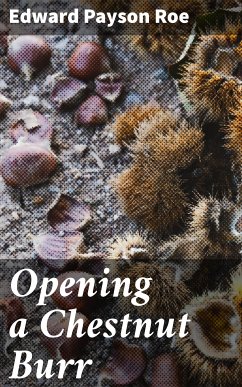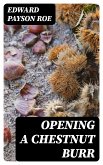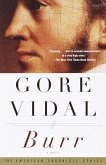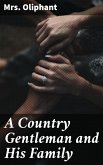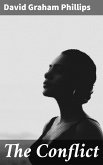In "Opening a Chestnut Burr," Edward Payson Roe crafts a rich narrative set against the backdrop of rural America, exploring the complexities of love, ambition, and the tension between tradition and progress. Through vivid characterization and a lyrical writing style, Roe delves into the lives of his protagonists, whose struggles and triumphs reflect the broader societal changes of the late 19th century. The novel masterfully intertwines themes of personal growth and societal expectations, drawing readers into a world where the chestnut burr serves as a poignant metaphor for life'Äôs hidden challenges and rewards. Edward Payson Roe, a prominent figure in American literature of the period, was greatly influenced by his own experiences as a farmer and a minister. His background afforded him a deep understanding of rural life and the moral dilemmas faced by individuals as they navigate the shifting tides of modernity. Roe's insights into human nature and his fervent belief in the possibility of personal redemption echo throughout the narrative, providing a compelling context for the characters'Äô journeys. Readers who appreciate deeply humanistic tales infused with social commentary will find "Opening a Chestnut Burr" both enlightening and engaging. Roe'Äôs adept storytelling invites reflection on the inevitable transitions of life, making this novel not only a poignant narrative but also a timeless exploration of the human experience.
Dieser Download kann aus rechtlichen Gründen nur mit Rechnungsadresse in A, B, BG, CY, CZ, D, DK, EW, E, FIN, F, GR, H, IRL, I, LT, L, LR, M, NL, PL, P, R, S, SLO, SK ausgeliefert werden.

